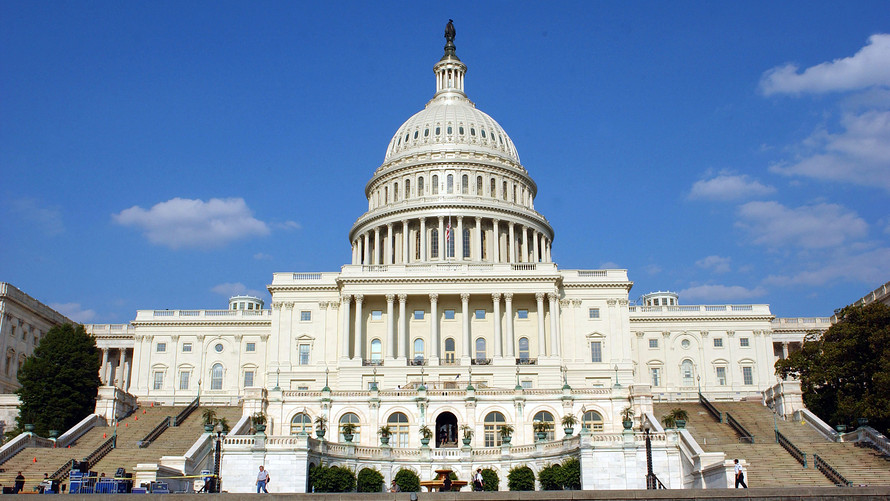Most people think of legislation as a series of dry, bureaucratic steps. A bill is introduced, debated, amended, and eventually passed. But real legislative power is exercised in the shadows — in late-night negotiations, whispered committee deals, and amendments slipped into thousand-page bills that few read in full.

Most people think of legislation as a series of dry, bureaucratic steps. A bill is introduced, debated, amended, and eventually passed. But real legislative power is exercised in the shadows — in late-night negotiations, whispered committee deals, and amendments slipped into thousand-page bills that few read in full.
The past year’s legislative shifts have been some of the most consequential in recent memory — not for their headlines, but for the structural shifts they quietly enable.
In multiple countries, new laws passed under the banner of “progress” or “protection” have had very different beneficiaries than the public might expect.
Seasoned lobbyists understand that legislative momentum is rare — so when a bill starts moving, they attach provisions like barnacles to a ship’s hull. This year, insiders report:
Legislation doesn’t happen in isolation anymore.
A corporate tax change in one country is mirrored in another within months. Environmental rules passed in a Nordic capital echo in Asian ports before the ink dries.
The quiet truth: many of these “independent” laws are shaped in the same boardrooms and lobbying offices — sometimes literally the same consultants, flown between continents.
One former legislative aide — now in the private sector — shared over a drink that “half the time, the bill’s final text is written by industry lawyers, not lawmakers.”
In fact, a little-known trade summit last spring allegedly doubled as a policy drafting retreat for select sectors, where draft texts were “workshopped” over wine and private dinners. The public story was diplomatic cultural exchange; the private reality was pre-loading the legal pipeline with corporate-friendly frameworks.
The biggest legislative changes of the year aren’t just about the issues they claim to address. They:
For citizens, the challenge is not just knowing what laws are passed, but understanding how those laws are positioned within a global strategy of influence and economic positioning.
Ignoring these shifts means ceding control to those who quietly write the rules. And those rules, once written, rarely favour the unrepresented.

At the intersection of brain chemistry and human longing, intimacy between men reveals a landscape of vulnerability, reward, and identity. This article delves into how neural circuits, hormonal dynamics, and psychological frameworks undergird male-male intimacy—why it matters, why it unsettles, and why it offers one of the deepest paths to self-knowledge and human connection. By combining neuroscience, endocrinology, and relational psychology, this piece argues that male intimacy is not a peripheral luxury but a core human imperative: a frontier where biology and spirit collide.

AI is reshaping medicine from diagnostic tool to empathic collaborator — a transformation that redefines care, ethics, and the essence of healing itself.

Across alliances, borders, and institutions, power is increasingly exercised without trust. This article examines how legitimacy—not military strength or economic size—has become the decisive variable in global stability, and why its erosion now threatens international order.